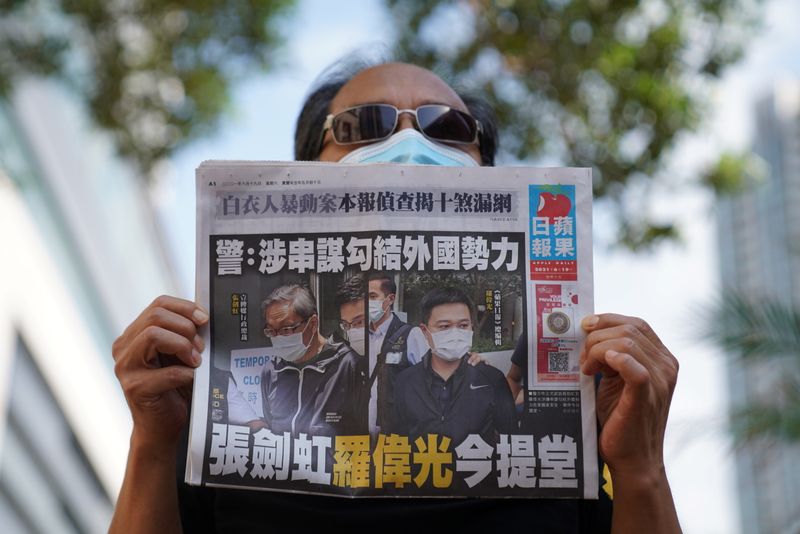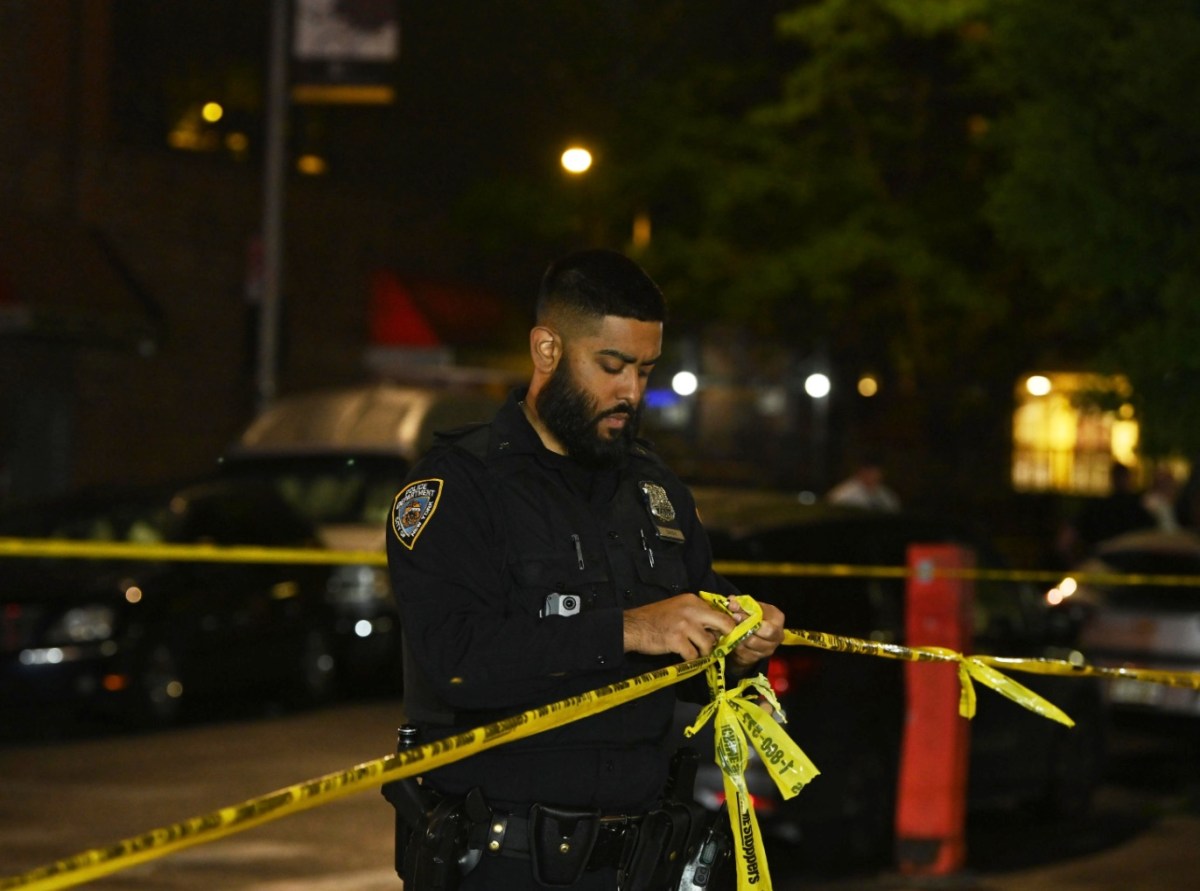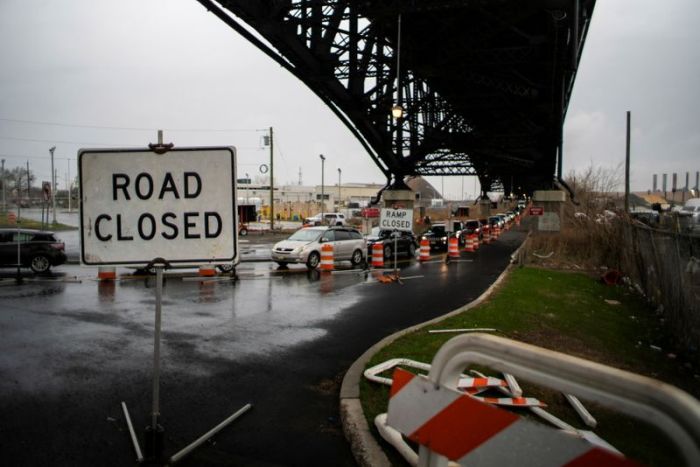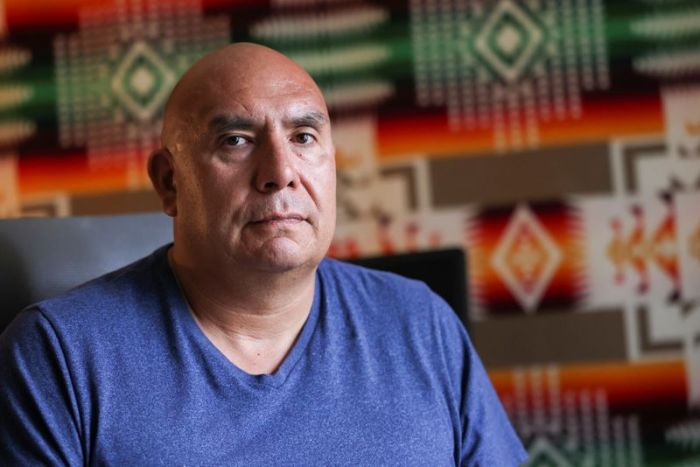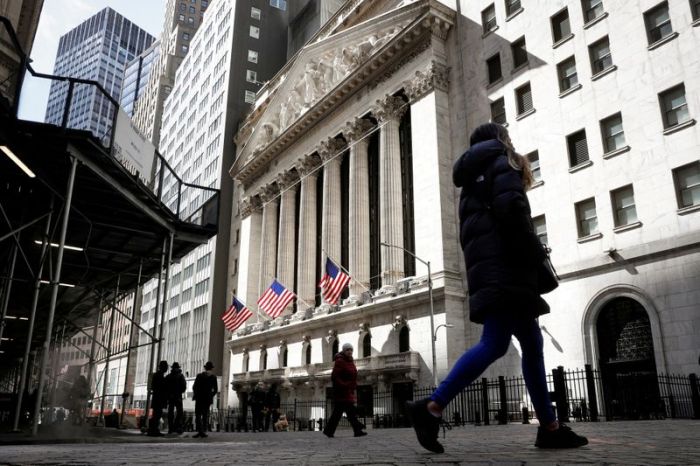HONG KONG (Reuters) -Hong Kong pro-democracy newspaper Apple Daily will be forced to shut “in a matter of days” after authorities froze the company’s assets under a national security law, an adviser to jailed owner Jimmy Lai told Reuters on Monday.
The closure of Apple Daily would undermine the former British colony’s reputation as an open and free society and send a warning to other companies that could be accused of colluding with a foreign country, media advocacy groups said.
Next Digital, publisher of the top-selling 26-year-old newspaper, would stop publication on June 26 if a board meeting on Friday decided to halt operations, an internal memo seen by Reuters showed.
“We thought we’d be able to make it to the end of the month. It’s just getting harder and harder. It’s essentially a matter of days,” the adviser, Mark Simon, said by telephone from the United States.
Vendors had tried to put money into the company’s bank accounts but have been rejected, he said.
Another senior company source with direct knowledge of the matter said the freezing of the firm’s core assets – before any trial or due legal process proved any criminality – had made it impossible to pay wages or even electricity bills.
CHOKED ‘TO DEATH’
“This is an extraordinary thing for a place that prides itself on (being) a global financial center, that you haven’t even filed charges against people and yet you’ve decided you’re going to try to … choke this company to death.”
Hong Kong officials have repeatedly said that media freedoms are respected but are not absolute.
Apple Daily management could not be reached for comment on Monday.
The newspaper said on Sunday the freezing of its assets had left it with cash for “a few weeks” for normal operations.
Chief Editor Ryan Law, 47, and Chief Executive Cheung Kim-hung, 59, were denied bail on Saturday after being charged with conspiracy to commit collusion with a foreign country.
Three other executives were arrested on Thursday when 500 police officers raided the newspaper’s offices, drawing condemnation from Western countries, global rights groups and the U.N. spokesperson for human rights.
Those three are still under investigation but were released with bail.
Security Secretary John Lee told a news conference on Thursday the police operation against the Apple Daily was aimed at those who use reporting as a “tool” to endanger national security and did not target the media industry as a whole.
Hong Kong’s Security Bureau said it would not comment given ongoing legal proceedings and any application related to the frozen property would be handled according to the law.
China’s Liaison Office in the city did not respond to requests for comment.
‘WE CAN’T BANK’
In May, Reuters reported exclusively that Hong Kong’s security chief had sent letters to tycoon Lai and branches of HSBC and Citibank threatening up to seven years’ jail for any dealings with the billionaire’s accounts in the city.
A Hong Kong-based spokesperson for Citibank said at the time the bank did not comment on individual client accounts. HSBC declined to comment.Authorities are also prosecuting three companies related to Apple Daily for alleged collusion with a foreign country and have frozen HK$18 million ($2.3 million) of their assets.
Simon told Reuters it had now become impossible to conduct banking operations in the global financial hub as authorities had “criminalised” any activities with the company’s accounts.
“We can’t bank. Some vendors tried to do that as a favour … and it was rejected.”
Reuters could not determine the banks where Apple Daily vendors had tried to deposit funds only to have their transactions rejected.
Rights group Amnesty International said on Twitter that this is “effectively a HK government ban of a newspaper.”
The paper has come under increasing pressure since owner and Beijing critic Lai, who is now in jail, was arrested under the national security law last August and has since had some of his assets frozen.
The senior company source with direct knowledge of the board’s discussions said an application had been made to the Security Bureau to ask Hong Kong security chief John Lee to unfreeze the assets to allow essential payments to staff and suppliers, setting a Friday deadline to respond.
Apple Daily said in an article on Sunday it might challenge the government in court if it refused.
The company has about 600 journalists, according to Simon.
The U.S.-based adviser said some reporters had received threatening phone calls from unknown sources.
“Our staff are now just worried about personal safety,” he said.
Police have said dozens of Apple Daily articles were suspected of violating the national security law, the first case in which authorities have cited media articles as potentially violating the legislation.
Simon and the source said their understanding was that about 100 articles were under scrutiny.
“After all this is said and done, the business community is going to look up and recognise that a man’s company was gutted and stolen by a communist regime in Hong Kong,” he said.
“That’s a big deal.”
(Additional reporting by James Pomfret and Clare Jim; Editing by Stephen Coates and Lisa Shumaker)

